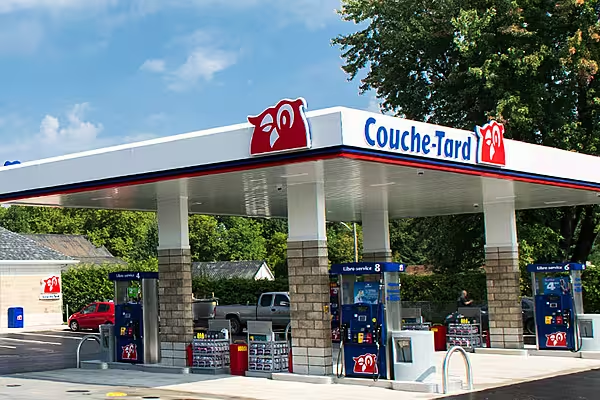The initial goodwill that Tesco chief executive officer Dave Lewis has established with investors is set to be tested this week, when the UK grocery leader’s accounts are subjected to closer scrutiny.
Lewis, who had to contend with the discovery of an accounting black hole less than a month after starting in September, is set to write down the value of the company’s real estate by about £3 billion ($4.5 billion), analysts at Barclays Plc’s investment banking unit predict. He may also say that Tesco’s pension liabilities have swelled to a record, Shore Capital estimates.
The 22 April results will serve as a reminder of the scale of the task still facing Lewis after his decision to close dozens of stores, cancel some openings, consolidate head offices and cut prices on hundreds of branded goods. A recent revival in Tesco’s sales stalled last month, according to researcher Kantar Worldpanel, as discounters Aldi and Lidl continue to exert pressure on the UK’s established grocery leaders.
“It’s going to be challenging for Tesco to turn trading improvements into financial improvements,” said Tim Barker, head of credit research at Old Mutual Global Investors. “It’s too early to say the company has turned a corner.”
Cheshunt, England-based Tesco declined to comment ahead of the results, which analysts predict will show a near 50 percent drop in operating profit to about £1.24 billion, according to the average estimate compiled by Bloomberg.
Pension Deficit
Lewis announced his turnaround plan in January and investors approved. The shares, which declined more than 40 per cent in 2014, have gained 25 per cent this year, making them the third-best performer in the FTSE 100 Index. And the premium investors demand to hold Tesco bonds relative to benchmark debt has narrowed even though the company lost its investment-grade status this year.
At a time when intense competition and record food deflation are eroding profitability at all UK supermarkets, a soaring pension deficit limits “the amount Tesco can invest in its offering and hampers its ability to capitalize on any future improvement in market conditions,” Barker said.
After a recent actuarial review, Tesco may announce this week that its pension deficit has swelled to as much as £4.5 billion, Shore Capital analyst Clive Black estimates, from £3.4 billion at the end of the first half. That’s more than the £3.37 billion cash the company generated from operations in the financial year through February 2014.
Bloomberg News, edited by ESM














